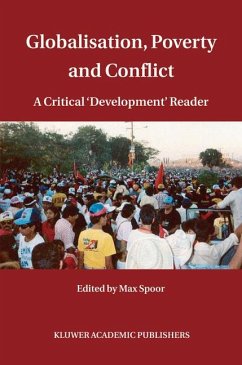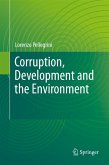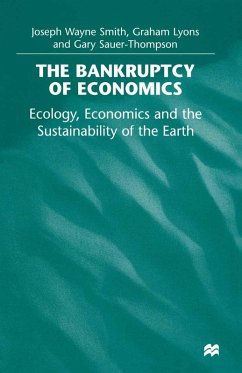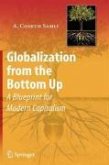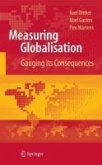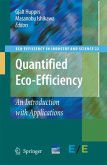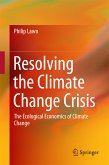Dieser Download kann aus rechtlichen Gründen nur mit Rechnungsadresse in A, B, BG, CY, CZ, D, DK, EW, E, FIN, F, GR, HR, H, IRL, I, LT, L, LR, M, NL, PL, P, R, S, SLO, SK ausgeliefert werden.
"The book, a collection of 16 chapters grouped into three parts, gives a thorough and interesting review and discussion of contemporary development issues from a global perspective. ... Although the book is targeted at readers in the field of social sciences, it is well written in a clear and simple manner so that it can find appeal to a wide audience, ranging from policy makers, academics to students and development practitioners." (Shephard Siziba, Quarterly Journal of International Agriculture, Vol. 45 (4), 2006)

